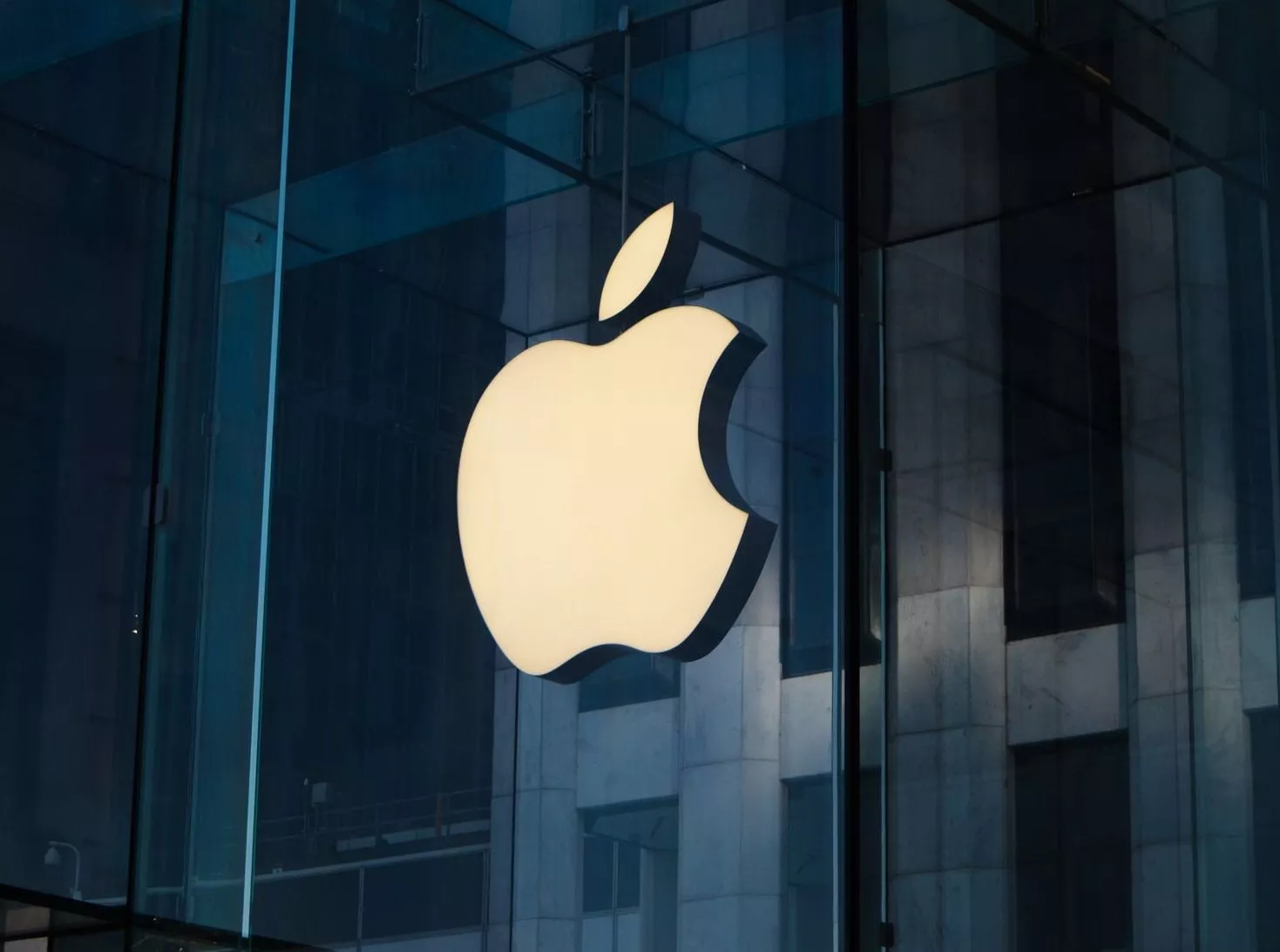News
Breaking News: Apple Ban ChatGPT Usage by Employees

Last Updated on May 21, 2023 by Robert C. Hoopes
Unexpectedly, tech giant Apple has banned its employees from using ChatGPT, an artificial intelligence language model created by OpenAI. The IT community is abuzz with questions and discussion over Apple’s choice, so we decided to look into the company’s thinking. In this special study, we will investigate Apple’s decision to prohibit its employees from using ChatGPT and discuss its possible causes and consequences.
ChatGPT, built on top of the state-of-the-art GPT-3.5 architecture, has completely changed the landscape of natural language processing by simulating human conversation. It has found use in sectors as diverse as customer service, media production, and academic study. ChatGPT has gained appeal among developers and individuals seeking fast and precise text interactions due to its extensive knowledge base and remarkable language capabilities.
Considering that ChatGPT is in line with Apple’s drive for innovation and cutting-edge solutions, the company’s decision to limit its use by employees has startled many. Experts in the field have been left to speculate and make educated guesses because Apple has not officially provided any clear explanation for this ban.
Possible Causes of the Ban
Apple has long placed a premium on protecting its customers’ personal information. ChatGPT’s reliance on huge databases for training may make Apple cautious of the security dangers connected with sending and storing private information. It’s possible that the corporation is trying to protect user data by prohibiting the use of ChatGPT.
Apple is known for its dedication to quality control and providing consistently high-quality goods and services. The corporation may be trying to prevent accidental misstatement or brand dilution by restricting ChatGPT use so that it can exert complete control over all content produced by its staff.
AI language models, such as ChatGPT, have come under fire for their tendency to magnify biases contained in the training data, raising moral and fairness concerns. ChatGPT’s potential for unintentional prejudice propagation may cause concern for Apple, a firm that promotes diversity and inclusion. It’s possible that by enforcing the prohibition, Apple will show its dedication to promoting ethical AI use and calming customer fears.
The ban on ChatGPT usage by Apple personnel is anticipated to have significant consequences for the artificial intelligence and technology industries. The first issue it brings up is the necessity for stricter rules to control the risks associated with artificial intelligence. Second, it could encourage other tech firms to reevaluate their own AI usage rules in light of data protection, quality control, and ethical considerations.
This change may also drive researchers and developers to create more open, objective, and manageable AI systems by increasing the examination of AI language models in general. It might also inspire the creation of in-house AI models adapted to the requirements of individual sectors.
After Apple’s prohibition of ChatGPT usage by its employees, many in the tech industry were left wondering why the company made such a dramatic move. Although Apple has not commented on the matter, it is likely that concerns over privacy, quality, and ethics played a role in the decision. This prohibition highlights the continued difficulties and promising developments in the field of artificial intelligence, as the industry continues to struggle with the ethical application of AI technologies.


